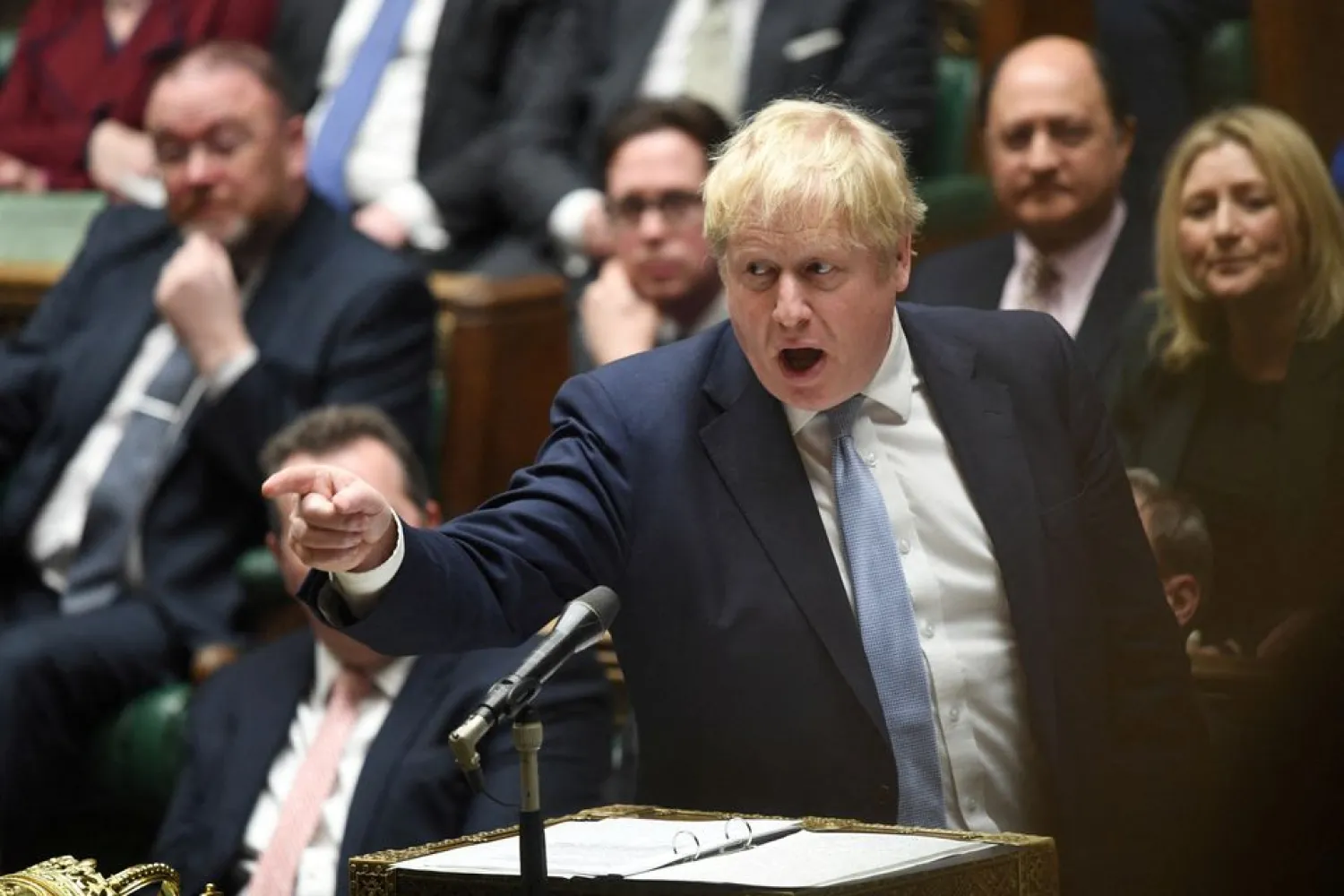British Prime Minister Boris Johnson, fighting for his political survival, reshuffled some ministers in his administration on Tuesday to try to appease his lawmakers angered by a series of scandals.
Johnson had pledged to reset his premiership to turn the tide on his gravest crisis yet, which is fueled by the fall-out from a number of boozy events in his Downing Street office and residence during strict COVID-19 lockdown restrictions.
The changes did not include any of the senior Cabinet positions.
After appointing new hires to his team in Number 10, Johnson then reshuffled his "whips" operation - the team of lawmakers who enforce discipline in the governing Conservative Party to make sure lawmakers back government policy.
Mark Spencer, who was the chief whip, was replaced by lawmaker Chris Heaton-Harris, a close ally of Johnson who has been working to shore up support among lawmakers during months of reports about lockdown-breaking parties in Downing Street.
Spencer becomes the leader of parliament's lower chamber, the House of Commons, taking over from Jacob Rees-Mogg, who was appointed minister for Brexit opportunities and government efficiency.
"This was about making changes both in the workings of Number 10 and changes to strengthen that relationship between Cabinet, parliament and Number 10 and I think that's what we're seeking to deliver," the spokesman told reporters.
He described Rees-Mogg's appointment as one to "drive forward the changes we are now able to make now that we've left the EU (European Union) delivering on our post-Brexit agenda".
Johnson promised his lawmakers last week that he would shake up operations in his Number 10 office. Four of his closest aides resigned on Thursday.
Lawmaker Andrew Griffith was appointed head of Johnson's policy department and Cabinet office minister Stephen Barclay has become his new chief of staff. He has also appointed a former colleague, Guto Harri, as his new director of communications.
Several Conservative lawmakers as well as opposition leaders have demanded that Johnson resign. The opposition accuses him of misleading parliament, a charge he has denied.









